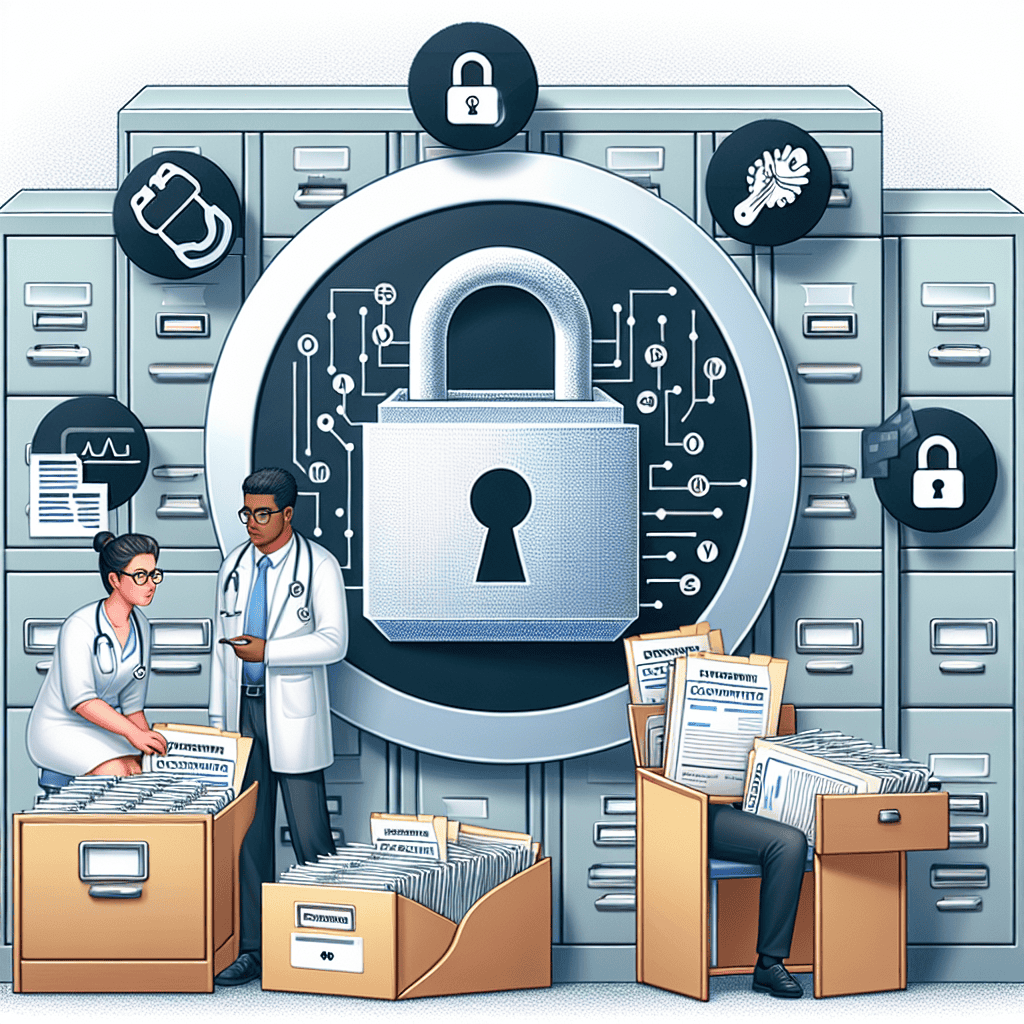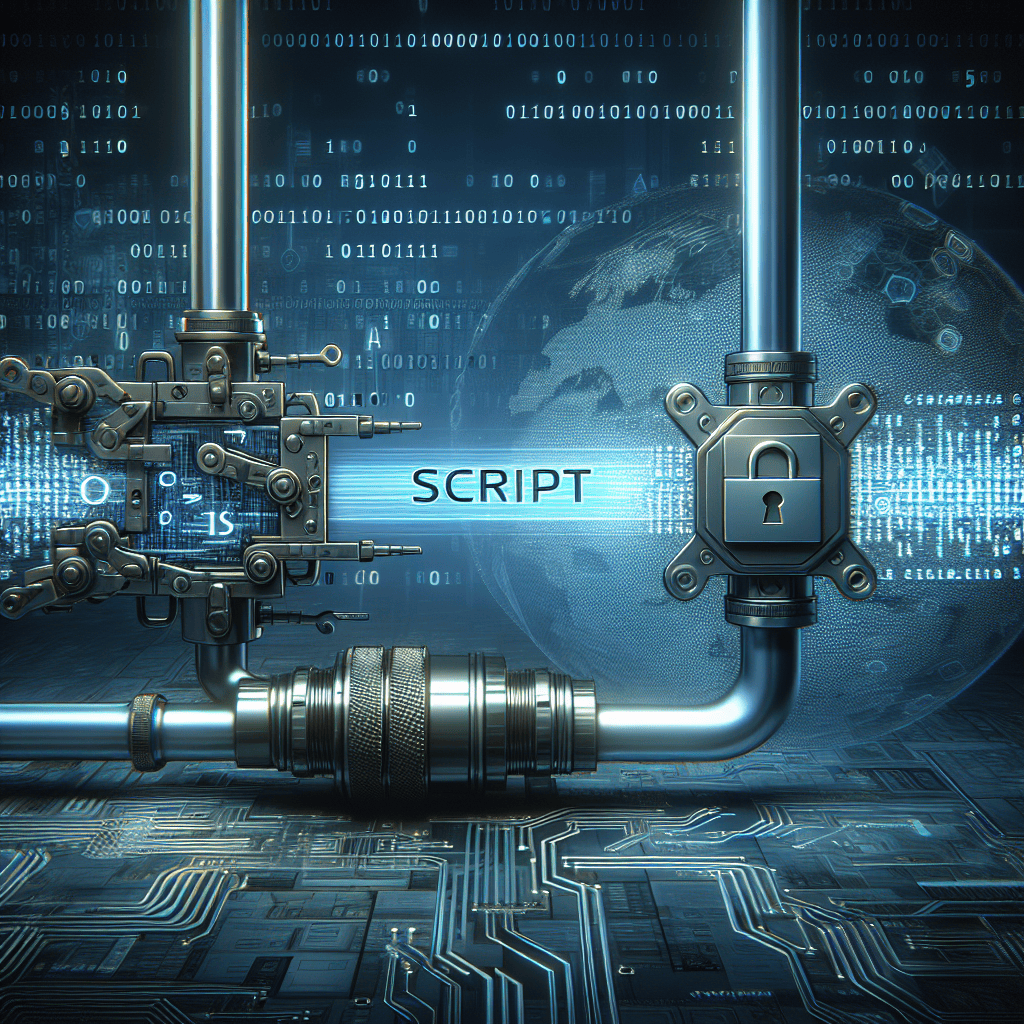Introduction
In the digital age, the protection of personal health information has become a paramount concern. Scrypt medical records represent a significant advancement in preserving patient privacy while improving access to vital medical data. As healthcare continues to embrace technology, understanding the implications of these electronic records is essential for both providers and patients.
Understanding Scrypt Medical Records
Scrypt medical records are a form of electronic health records (EHR) that utilize advanced encryption technologies. This ensures that sensitive patient information remains confidential and secure. Unlike traditional paper records, which can be easily lost or accessed without authorization, scrypt medical records employ a unique cryptographic algorithm to safeguard data. This level of security minimizes the risk of data breaches and unauthorized access, thereby enhancing patient confidentiality.
Importance of Privacy in Healthcare
The importance of privacy in healthcare cannot be overstated. Patients trust healthcare providers with their most sensitive information, including medical history, treatment plans, and personal details. A breach of this trust can lead to detrimental consequences, including the stigmatization of patients with certain conditions and a reluctance to seek care. Therefore, maintaining robust privacy measures is essential not just for legal compliance, but also for preserving the integrity of the patient-provider relationship.
Benefits of Scrypt Medical Records for Patient Privacy
Scrypt medical records offer multiple benefits for patient privacy. Firstly, the encryption techniques used in scrypt technology mean that even if data is intercepted, it remains unreadable without the appropriate decryption keys. This deters data thieves and protects patient information from malicious attacks. Secondly, scrypt systems often include access control features that restrict who can view and modify records, further enhancing security. Patients can be assured that their information is accessible only to authorized personnel, thereby safeguarding their autonomy and privacy.
Challenges and Considerations
Despite the clear advantages of scrypt medical records, there are also challenges that must be addressed. The implementation of advanced encryption can be complex and resource-intensive. Additionally, healthcare providers must ensure that all staff are trained in these new technologies to avoid unintentional breaches. Furthermore, patients may still have concerns regarding their data being stored digitally, prompting healthcare providers to engage in open dialogue about the measures being taken to protect their privacy.
Conclusion
In conclusion, scrypt medical records represent a significant leap forward in the protection of patient privacy within the healthcare sector. Through advanced encryption and access controls, these electronic records provide enhanced security compared to traditional methods. However, the transition to such systems must be handled with care, noting both the benefits and potential challenges. By prioritizing patient privacy and staying informed about technological advancements, healthcare providers can build a more secure and trustworthy environment for managing medical records.



